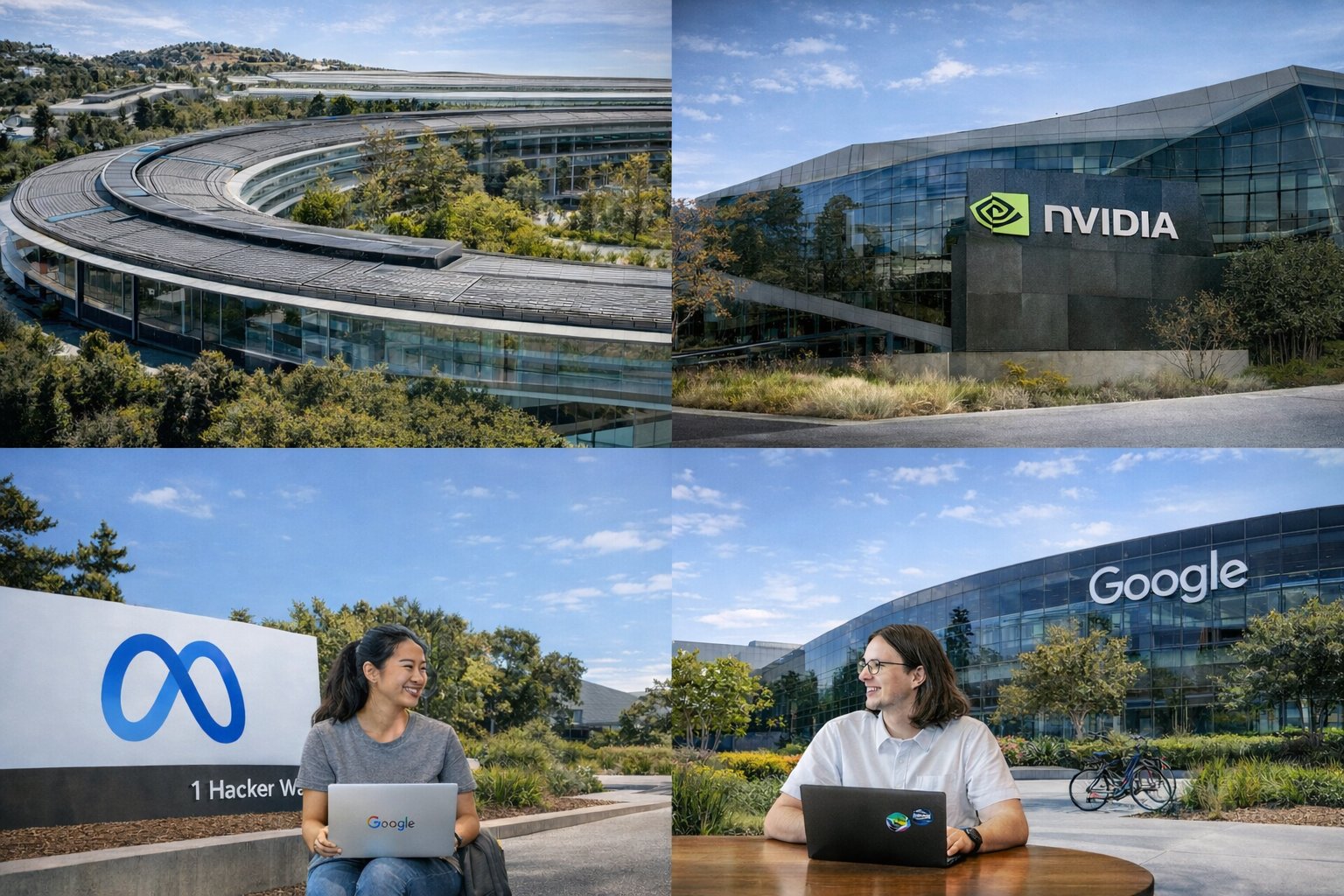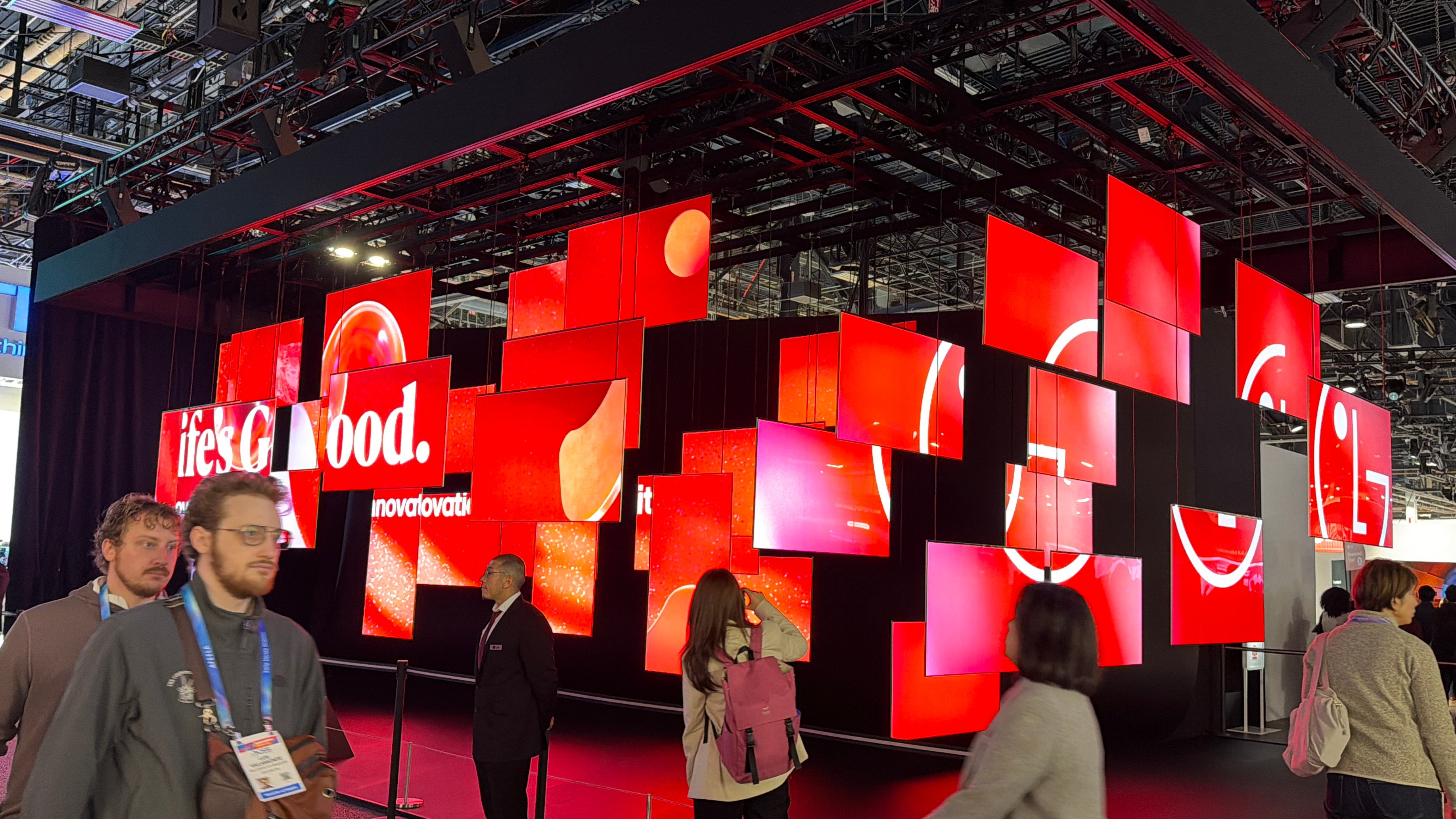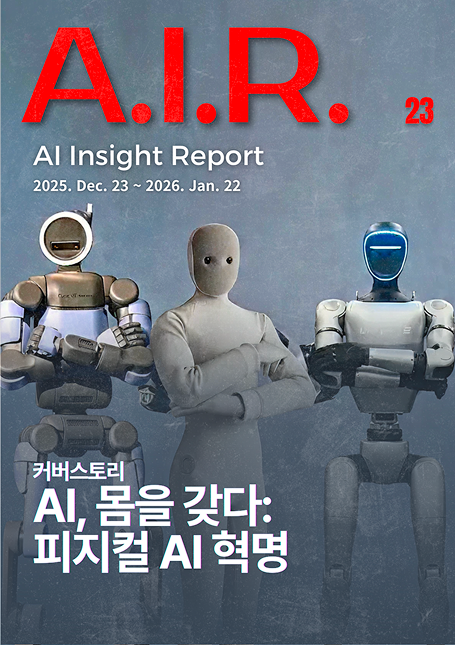Revolutionizing meeting management: Conversation with Splab's CEO

The future of automated scheduling
Insights from CEO Minseung Seon
From seed to global impact
The COVID-19 pandemic has reshaped the modern workplace in numerous ways. One of the biggest impacts is a striking increase in the number of meetings. Studies indicate that individuals now participate in roughly 13% more meetings than they did prior to the pandemic. HR consulting firm Leaderonomics estimates a staggering 55 million meetings held daily in the U.S. alone. Such an influx has significantly intensified the scheduling responsibilities for those in executive, HR, sales roles and more. The same report highlights that planners devote nearly 15% of their week, or six hours, merely to manage activities around meetings.
Splab, a Korean startup that operates the scheduling automation solution Sendtime, aims to take this burden off of planners and revolutionize the meeting scheduling process. Launched in 2022, the B2B SaaS solution drastically cuts down the time spent organizing individual or team meetings, effectively reducing communication overheads and the manual efforts typically associated with scheduling.
What sets Sendtime apart from other scheduling applications is its user-centric design. Unlike traditional platforms that prioritize the organizer, Sendtime focuses on the invitee(s). When someone gets an invite, they can view others’ schedules in real time and pick the three most convenient slots. After all responses are submitted, the organizer can finalize the time that works for all parties. The app’s versatility extends to team and company-wide scheduling, where multiple schedules can be synchronized to pinpoint the perfect meeting slot.

Sendtime stands out by fostering a sense of politeness and consideration. Scheduling tasks that would have required multiple emails are now condensed into a few swift clicks. Sendtime has the potential to cut team operational costs related to scheduling coordination by 70%, according to its website.
Having secured seed funding from Spark Labs, 500 Global, CJ Investment, and Bespin Global in early 2023, Splab has been expanding its product capabilities. The company is integrating global-friendly features including multilingual support, time zone adjustments and seamless overseas transactions, paving the way for its international expansion.
In a recent conversation with The Miilk, Splab’s CEO Minseung Seon expressed her ambitions for Sendtime's future. She hopes to evolve Sendtime into a more data-centric and revenue-driven SaaS tool in its second year. The details of her vision can be found in the complete interview below.
Q: Congratulations on securing the seed funding. You previously announced plans for global expansion in the first half of the year. How is the overseas expansion progressing?
Seon: We hosted two events in the U.S. in June this year, which were sponsored by a YC-affiliated company. These events allowed us to connect with potential customers for our newly launched event vertical product. Additionally, we onboarded a part-time local marketer who is passionate about our product's vision of "connecting people to people in the world’s fastest way." The first half of this year proved productive in garnering robust local support and indicators of demand for our product in the U.S. market. For the latter half, we're aiming to visit the U.S., engage with our customers directly, and organize both independent and sponsored events.
Q: What's the current size of Splab and your customer count? Are there any notable clients you've secured recently?
Seon: Interestingly, our team size has decreased since the beginning and now stands at four. However, our customer base and revenues have seen positive traction. Currently, we're witnessing a growth rate of 50% MoM over the past three months for our new B2B event/community-targeted product. We'll keep the exact number private.

Some of the notable Korean clients we have recently secured include Rootimpact (Heyground), Underdogs, Korea Institute of Startup and Entrepreneurship Development, and Seoul Business Agency. All of them utilized Sendtime as a tool to facilitate networking among participants at their events and communities with 100+ attendees, and we also published custom pages for each event.
Q. The growth in the first year was impressive, what are your goals for the second year?
Seon: In our second year, we want to evolve Sendtime into a more data-driven and revenue-driven SaaS tool. Given the promising B2B deal sizes we're observing, we're enthusiastic about tapping into the market's potential and accelerating our growth trajectory in year two.
Q: How does Sendtime set itself apart from major scheduling platforms like Microsoft Teams, Google Calendar, and Calendly? How do you appeal to users who are familiar with these platforms?
Seon: Sendtime was born out of customer feedback from existing Calendly users who were frustrated with group scheduling and the need for a more polite and flexible scheduling tool. When it comes to convincing new users, the UX/UI is definitely recipient-friendly. Furthermore, our recently launched event/community feature presents a unique offering, especially when there's no direct competition in that vertical.
Q: You've made your calendar available for weekend coffee chats and interactions on the platform. Can you share insights into a typical week in the CEO's life?
Seon: Generally, I believe a CEO's calendar can be bucketed into: 1. Product development, 2. Outbound sales, and 3. Revenue generation (investments, tips, etc.). My 'product' hours are mostly dedicated to customer and team interactions, looking at Figma to see how our product can be improved, and even personally crafting landing pages. I’m always out there on 'sales' days, sometimes going to four meetings a day. It's crucial for founders to be their brand's best salesperson – selling the vision even before a tangible product exists. As for the 'revenue' aspect, we concluded our funding earlier this year, but the last couple months have been very busy with TIPS(Tech Incubator Program for Startups Korea) preparation.
Q: Balancing such a hectic schedule, you must genuinely appreciate Sendtime's existence and value yourself. Since founding the company, what stands out as your most rewarding moment?
Seon: The most fulfilling aspect is the realization that, as the leader of an early-stage startup, I can offer guidance to other early-stage entrepreneurs. I maintain an open-door policy, encouraging founders to approach me with their challenges. Sharing candid insights about my journey, challenges, and missteps, I aspire to contribute to fostering a more transparent and robust Korean startup ecosystem.









